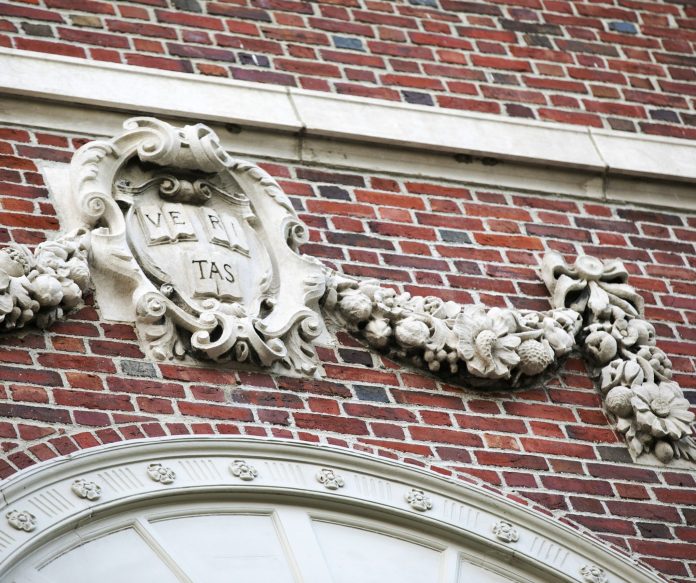The study of the Classics is an interdisciplinary enterprise involving critical engagement with the literature, art, material culture, and history of the Greco-Roman world. A concentration in the Classics equips students with all the tools necessary for understanding the forms of expression and ways of life of the cultures of antiquity, and for understanding the development of those cultures over time. Concentrators learn skills that are broadly applicable to the analysis of any complex cultural system or artifact. They also acquire fluency in a tradition of art, literature, and philosophy that has been vitally relevant in many periods and contexts, and that remains highly influential today.
The Department of the Classics has been at the forefront of graduate education in Classics for well over a century. It offers a variety of approaches, emphasizing a wide range of knowledge and skills rather than a narrow early specialization. The department offers doctoral degrees in ancient history, Byzantine Greek, classical archaeology, classical philology, classical philosophy, medieval Latin, and modern Greek. All candidates admitted to the Ph.D. programs are expected to enter with competence in the pertinent languages, ancient and modern, on which they will build in the course of their graduate study.
